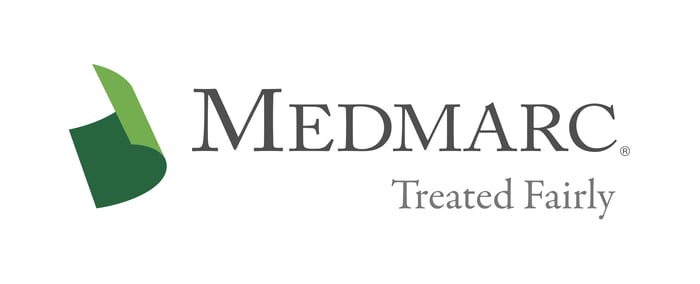Preserving Products Involved in Adverse Events
Second, a company should attempt to procure the product, if possible. If the product is still implanted in the patient, the company should try to obtain as much information as possible from clinicians, patients, and medical records. When doing so it should request that surgical videos, x-rays, MRIs, cat-scans, and other testing records are preserved. If the device has been explanted, the company should try to obtain as much information as possible regarding the explantation procedure, including the medical records, photographs, or videos of the procedure. If the device is available for whatever reason, the company should investigate who has possession—the facility or the patient—of the device. If the facility is resistant to turn it over, the company may want to offer some compensation or a replacement product. After receiving the product, the company should endeavor to carefully document the chain of custody and the manner of storage.
Third, a company should preserve and protect the product once it is in custody. It is important that the product be stored so that it can (as best as is possible) be preserved in its post-incident condition. The company should consider for instance how the product will be cleaned prior to storage, the type of container in which it will be stored, and the temperature under which it will be stored. A company should work with its technical personnel to verify the best procedures for storing the product and to document the procedures. It should also strive to preserve and protect the records associated with the product, including where it was manufactured, where it was sold, how it was distributed, and medical records regarding its implantation, alleged problem, and explanation.
Fourth, a company should consider developing written protocols regarding any testing or analysis that is to be performed on the product. Before developing an inspection protocol, all non-destructive testing options should be considered, and the state of the document should be carefully documented. Product investigators should attempt to understand the product’s design and manufacturing process as well as the circumstances surrounding the incident. Creating the protocol should be a collaborative process between the legal, regulatory, R&D, and manufacturing departments. It is important to get a signed written agreement from the consumer and/or reporting facility in the event destructive testing is necessary. Otherwise, any analysis performed on the products should be done so as to not destroy any features that may become the subject of litigation.
Fifth, throughout the process of procuring and preserving the product, a company should do its best to preserve communications, which are privileged. It is important for companies to involve legal counsel in important discussions regarding products involved in adverse events as they may be able to help the company preserve certain assessments, conclusions, and in-house opinions as attorney/client privileged information. This privilege helps protect these important communications from discovery requests.
Jenny Covington J.D. of Bowman and Brooke focuses on the defense of commercial litigation, intellectual property, and products liability matters.
For additional resources contact the Marketing department
Phone: 888-633-6272
Medmarc is a member of ProAssurance Group, a family of specialty liability insurance companies. The product material is for informational purposes only. In the event any of the information presented conflicts with the terms and conditions of any policy of insurance offered from ProAssurance, its subsidiaries, and its affiliates, the terms and conditions of the actual policy will apply.
Copyright © 2024 - Medmarc
